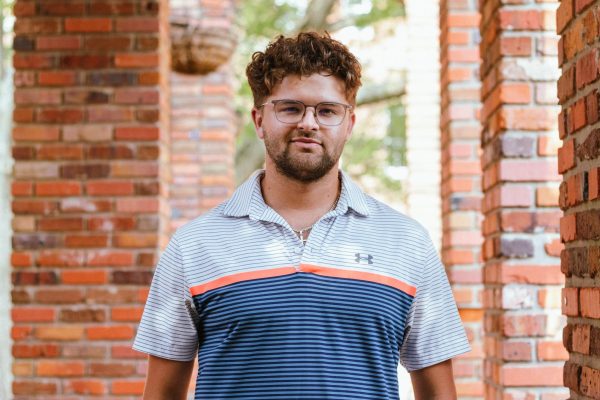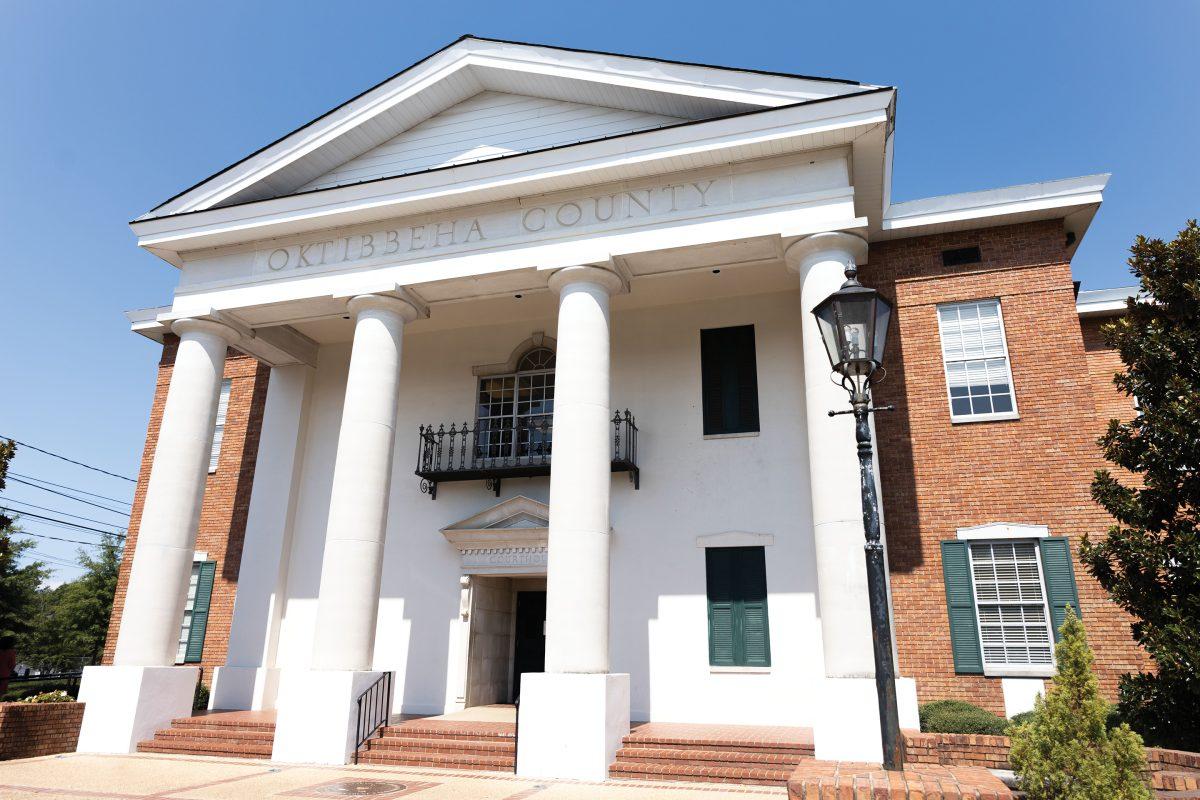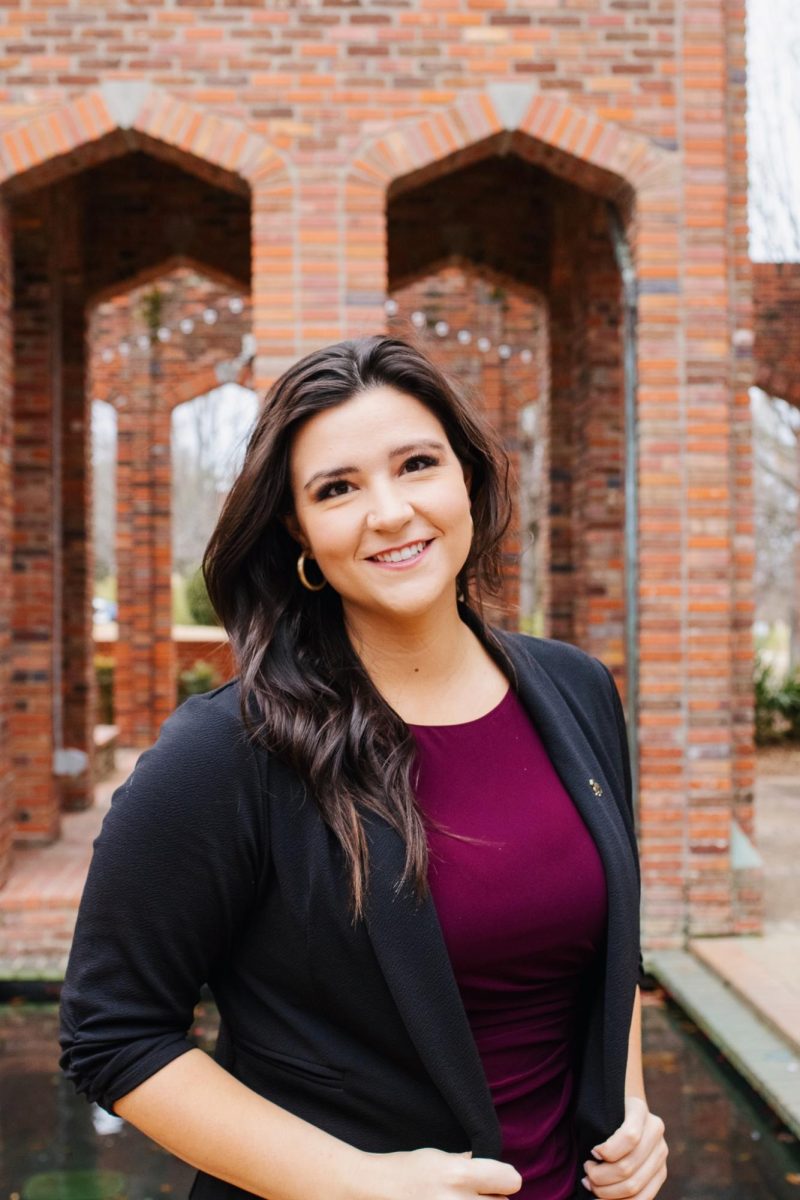Michelle Easterling has served Clay County and its surrounding areas in Mississippi for more than two decades in the civil courts as a prosecutor and a judge.
She currently serves as the county prosecutor of Clay County, a job that is won via public election.
She has seen the issues of the legal system of Mississippi from both sides of the bench, and now, in the middle of campaigning for a new position, she has come across an issue that is just as prevalent in Mississippi as it is across the nation.
That issue is the criminal docket of the 16th circuit of Mississippi, or more specifically, the length of the docket. There are charged members of the justice system that have been awaiting trial for much longer than their constitutional right to a “speedy trial” can allow. This issue is not limited to only that circuit, which consists of Oktibbeha, Noxubee, Lowndes and Clay counties, however. It is an issue that is taking place across the nation.
According to Easterling, the subjects, who are typically in court for minor drug related cases, suffer through a vicious cycle that repeats itself every four to six weeks. They are given a new hearing date, and then, when that hearing date arrives, they are told that the court does not have an attorney for them. The cycle then repeats and can repeat, in some cases, for more than a year.
According to the American Bar Association, some larger states only have around a third of the number of public defenders they need to handle the case load.
Easterling knows this, and as it is her main platform for election, has a plan to fix it. She believes the solution lies in the hiring of more public defenders.
“Public defenders have the most thankless job in the justice system, but they’re essential to handling problems like this one,” Easterling said. “We need to find a way, by any means necessary, to afford hiring at least double the amount of full-time public defenders as we have now.”
Easterling said there are grants for hiring public defenders that are awarded to places like the 16th circuit every day, and she plans to put Starkville and Oktibbeha County on those lists.
However, not many attorneys are lining up to be public defenders in the first place, meaning this is not a problem that only Starkville and the rest of the 16th circuit is facing — it is a nationwide issue.
Public defenders across the country are quitting their jobs, citing grossly low wages and being severely overworked. In cities like Portland, Oregon, over 250 people did not have lawyer representation at one point. That may seem like an insignificant number to some, but when added up, those awaiting trial can overload jails and prisons.
Merrill Nordstrom is one of Mississippi’s federal public defenders, meaning that instead of working for the state of Mississippi like most public defenders within its border, she works for the U.S. government on federal cases.
Nordstrom splits all federal cases in the northern half of the state with two other litigators, while all cases in the southern half are split between another three litigators. She said the case load is very manageable, with each litigator only handling around 30 cases at any given time.
Previously, Nordstrom served as a public defender in Lafayette County, Mississippi, one of the largest districts in the state. During Nordstrom’s time working for the state, she and the one other public defender within the system would have to manage 75 to 100 cases each at the same time.
Nordstrom said it certainly was not worth the money, nor the toll it took on her professional and personal life either, but those who currently serve in that roll face a challenge that is all too common in state legislature — funding.
Nordstrom explained that every time a state public defender wants to hire an investigator or an expert to examine facts of the case, they must ask the presiding judge for funds to do so, which shows their hand as a defense.
When asked what state governments like Mississippi’s can do to solve this problem, Nordstrom was clear: more funding is necessary.
“Obviously, if you start dangling more money in front of somebody, you’re going to get more competition for those positions, and you’re going to get a better fit,” said Nordstrom. “ … It really is just resources, and also, maybe the law schools should try to do more work in finding those types of students who may have that drive (to be a public defender).”
Wade Healy is one of those prospective students. Healy is a junior political science major with a pre-law concentration at Mississippi State University, and he acknowledged the pitfalls of the job in its current condition.
“I mean, for the amount of time you have to put into it, it’s not really worth it,” said Healy. “The private sector is where the money is at, and that’s where I’m trying to go.”
Nordstrom echoed that sentiment when she attested to having to work another full-time job while being a public defender just to make ends meet.
According to Zippia.com, which compiles data from the U.S. Census and the United States Bureau of Labor Services, Nordstrom is on the right track.
Male federal public defenders make on average $57,906, while females make about $2,000 less. This may seem high, but in poorer states like Mississippi, that average income dips into the $30,000 dollar range.
When law school student loans and cost of living are factored in, it is no wonder why most public defenders must take on other jobs.
This causes a chain reaction in the system that has resulted in a problem that Mississippi and the rest of the nation currently face. However, Nordstrom is adamant about one final thing: this is not the fault of the defenders themselves. They are doing the work that no one else wants to do.
“The people that do this type of work … they do it because they care. They certainly don’t do it for the money,” said Nordstrom.
Oktibbeha County docket reveals public defender shortage
Tanner Marlar | The Reflector
In Mississippi, the length of the criminal docket of the 16th circuit is an issue. Many charged members of the justice system have been awaiting trial for a long period of time.
About the Contributor

Tanner Marlar, Former Managing Editor
Tanner Marlar served as the Managing Editor from 2022 to 2023.
He also served as the Sports Editor from 2021 to 2022.
Donate to The Reflector
Your donation will support the student journalists of Mississippi State University. Your contribution will allow us to purchase equipment and cover our annual website hosting costs.

























































































